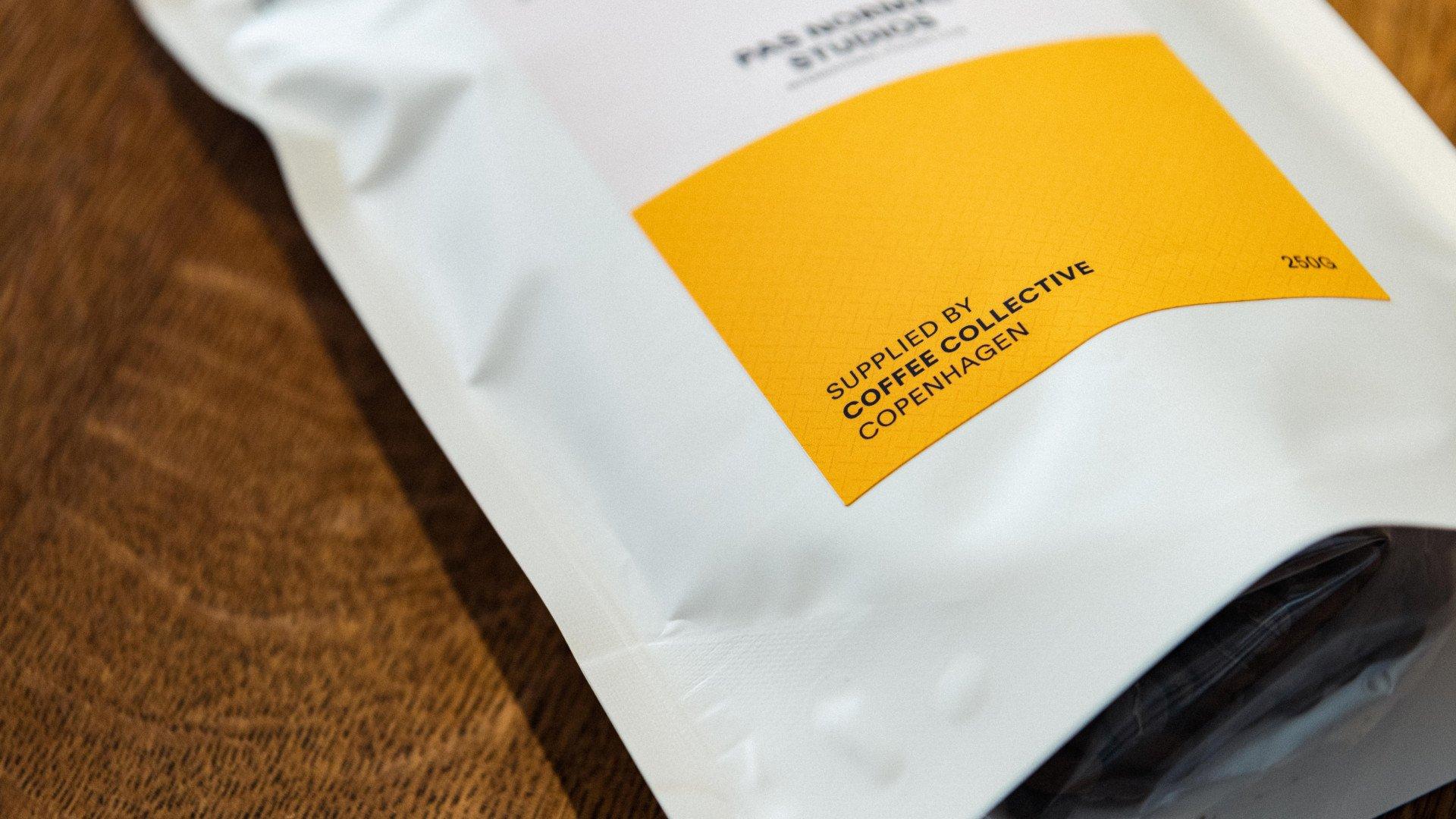The Latest Stories
Collection
Off-Race - Spring/Summer 2026Challenge
January Resolution Challenge 2026Campaign
T.K.O. - Free Your SpiritCycling and coffee always have a way of finding each other. When we opened the doors to our first flagship store in Palma de Mallorca in the spring of 2020, we wanted to offer an exclusive coffee that celebrated our passion for cycling and complimented our growing commitment to sustainability. The natural choice was to partner with Coffee Collective - industry leaders in pursuit of developing a more sustainable, transparent coffee marketplace. Coffee Collective shares our dedication to creating the highest quality products, and together we selected a coffee that encapsulated the shared culture and history between our two passions.
The Coffee Ride
All it takes is a simple internet search to understand the depths and intricacies of the modern relationship between cycling and coffee. The ever-popular listicle favourited by cycling tourism blogs battling to stand out in the oversaturated digital world has attacked the subject of the hottest cycling café stops in the region with determined ferocity.
This bond between cycling and coffee is evident and only expected to strengthen as numerous cycling-themed cafés continue to crop up throughout metropolitan areas and their surrounding suburbs. The popular opinion of coffee consumption as an integral part of the cycling experience has been attributed to multiple explanations. We hear about the caffeine kick, injecting that extra boost of energy to keep you pushing hard through those last few kilometres. There is the argument promoting the laid-back environment offered up by the charming countryside café that delivers an informal social atmosphere for cyclists to relax and socialize. And finally, there is the historical relationship between coffee-related brands sponsoring cycling teams and the resulting popularity of those brands being attributed to the success of their teams. Coffee companies have been sponsoring teams since the 1950s. The successes of some of these teams have led companies like Faema, Saeco, and Segafredo to become household names synonymous with cycling.
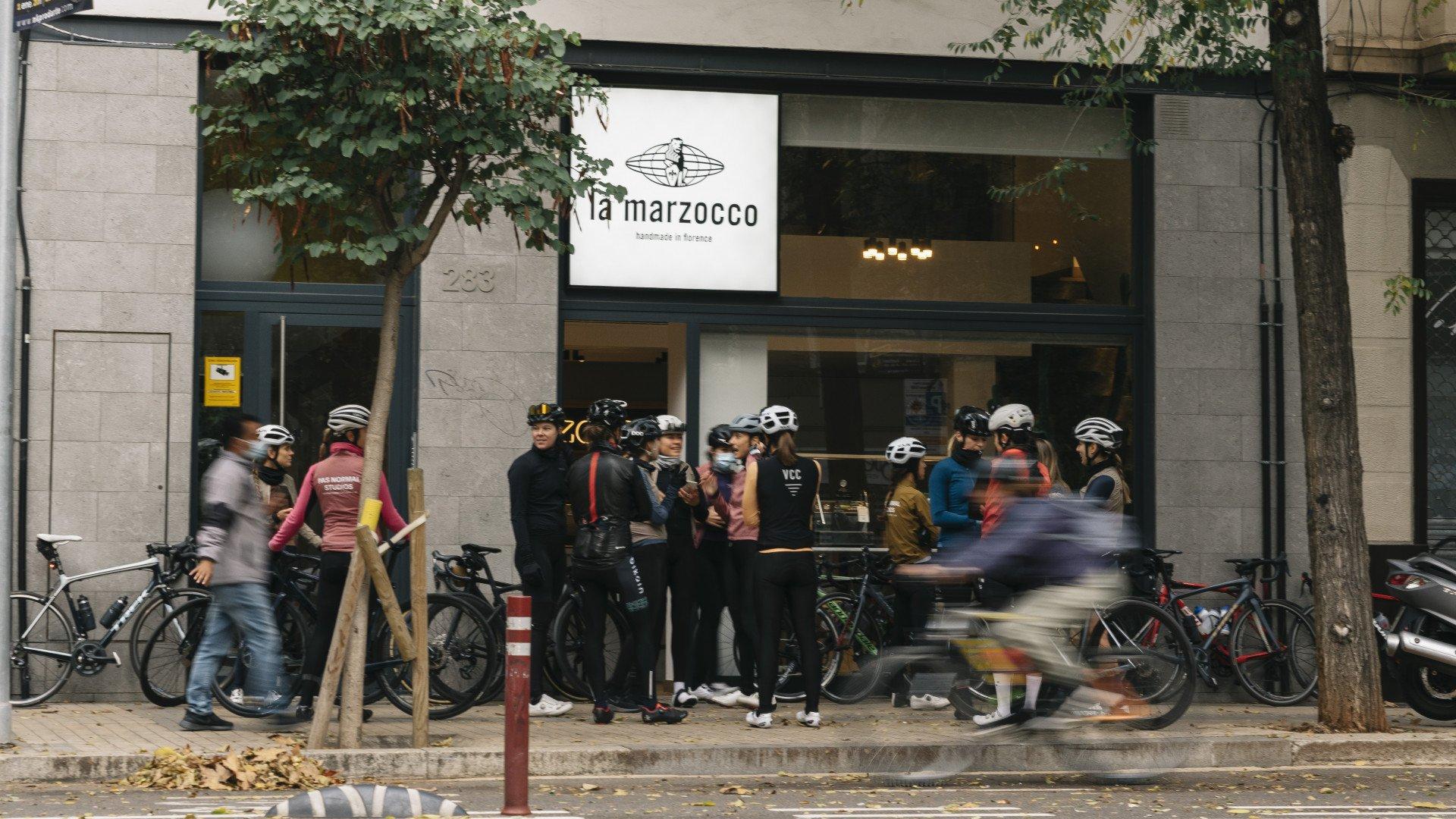
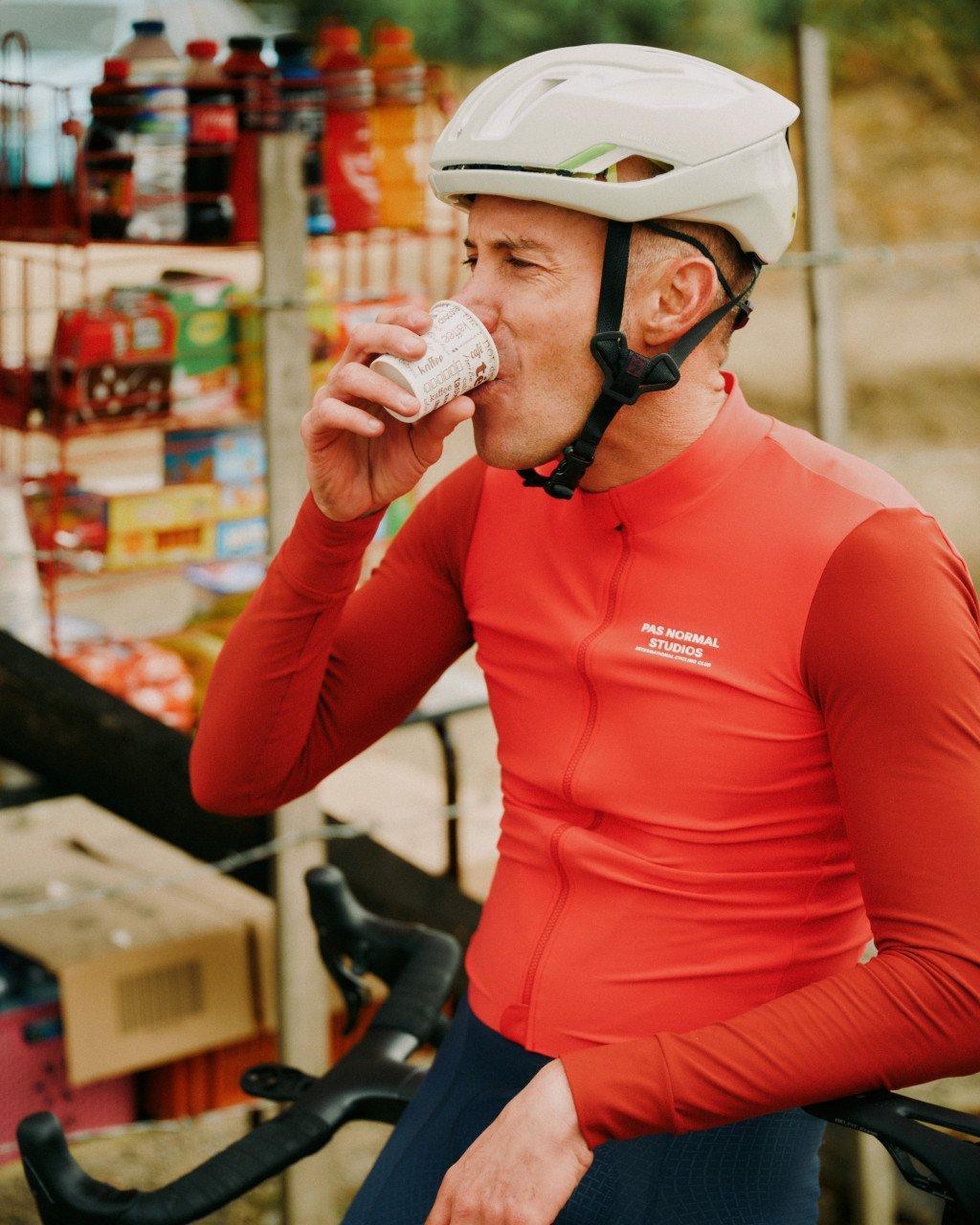
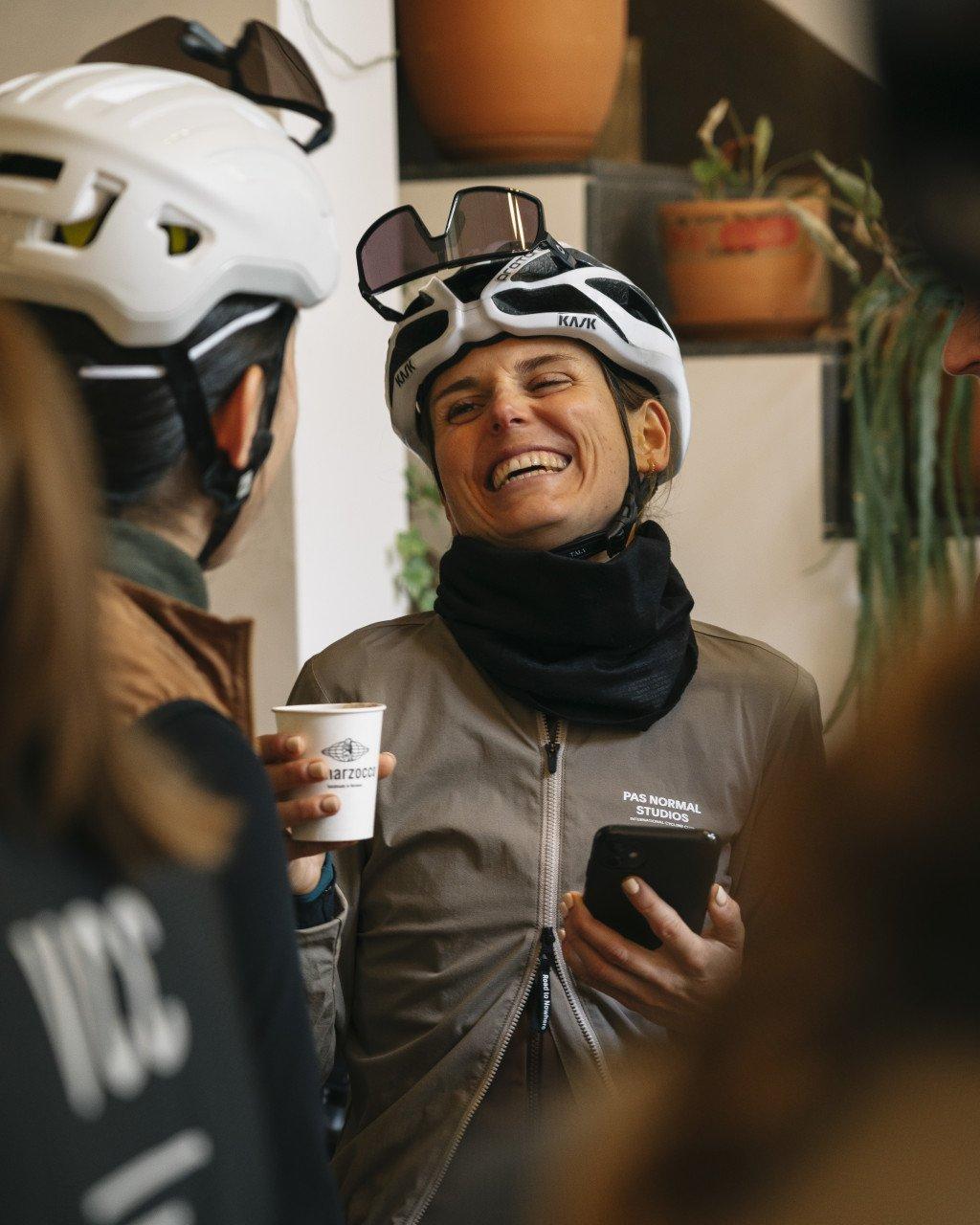
These explanations are all convincing arguments for the rise in the popularity of coffee in the world of cycling. But one of the more overlooked similarities that these two entities share is their attention to detail. Just as with cycling, where bicycle manufacturers transformed this simple two-wheeled means of transportation into a specialized racing machine, the coffee industry, especially coffee roasters, have become experts in extracting hidden flavours and nuances from the beans they source. As a result, this passion and dedication toward quality craftsmanship and the desire to draw out the most marginal improvements from the least expected places have cemented the objective relationship between cycling and coffee.
A Family Affair
Similar to how cycling and coffee share a unique relationship, the same can be said for coffee and Denmark. The social component associated with coffee drinking has been a driving factor for its popularity in Denmark. But the rise in popularity of specialty coffee can be greatly attributed to the same argument that makes it so popular amongst cyclists - attention to detail.
The bread-and-butter digital post for online travel journals and blogs is the highly coveted opinion piece on a city’s best coffee shops. Denmark has been covered extensively in this sense, and as article after article becomes published, the results tend to point to a unanimous favourite - Coffee Collective. The Copenhagen-based roastery has made an international name for itself, winning gold in both the World Barista Championships and World Cup Tasting Championships. This success can be attributed to several independent factors. But one of the more definitive characteristics that set Coffee Collective above the rest is how they source their products and the unique relationship they hold with their farmers.
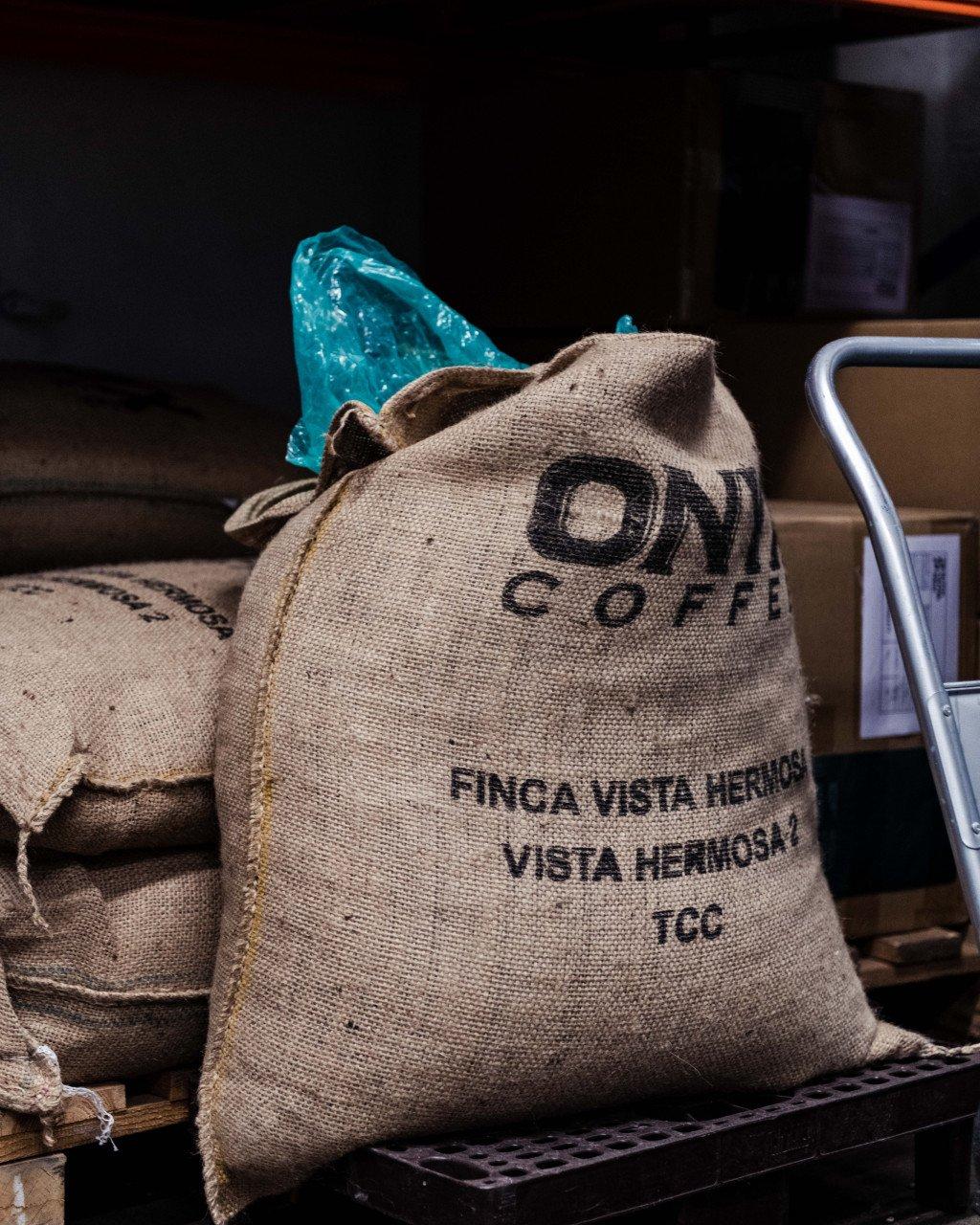
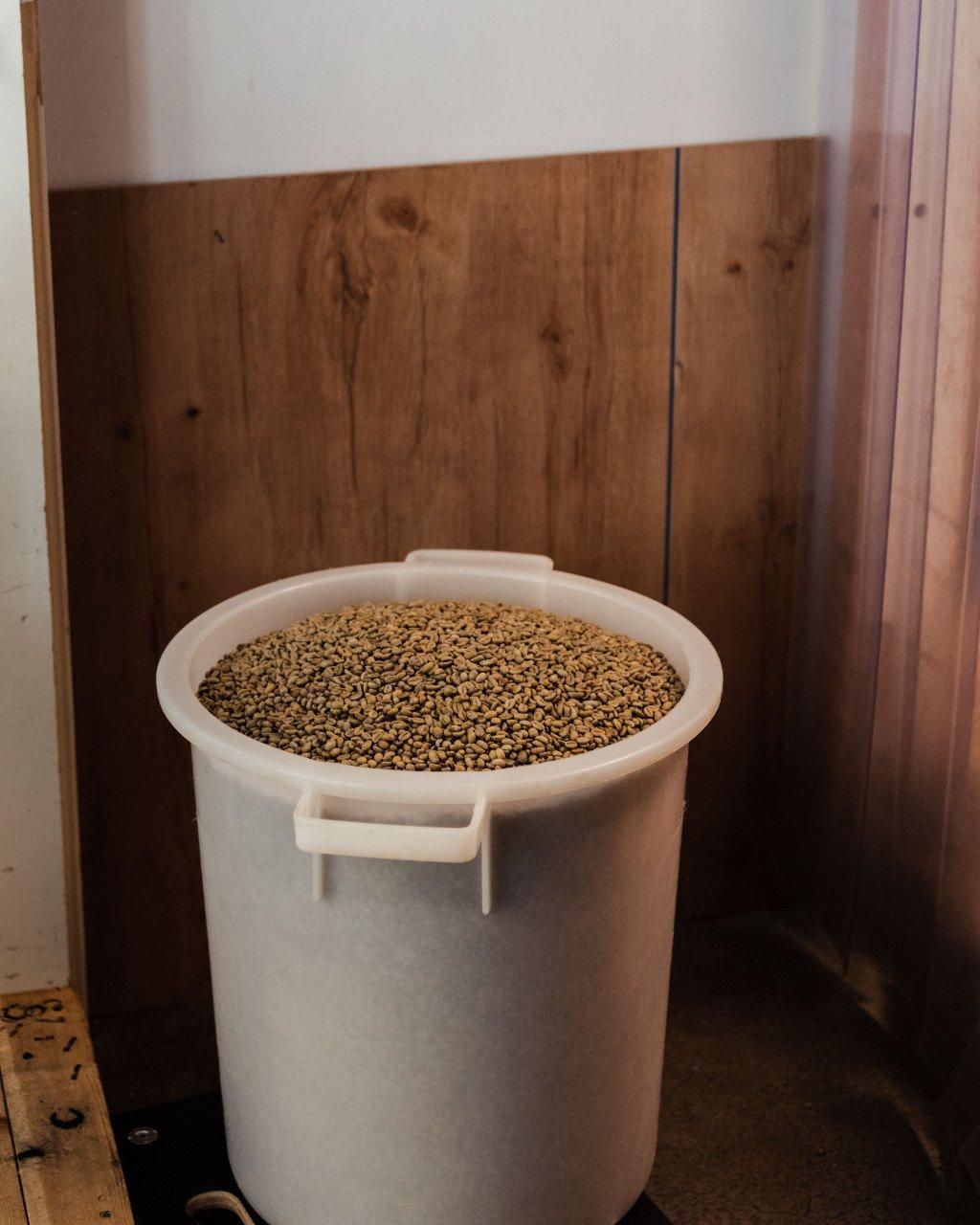
The ability to produce the best possible product for consumers depends on an in-depth understanding of how the product is sourced. Coffee Collective maintains an intimate relationship with their farmers, which goes beyond the desire to understand how their product is sourced. They actively oversee how the coffee they buy is cultivated, the soil and growing conditions the coffee is subjected to, and every part of the process from growing to packaging that has the potential to leave a distinct impact on the coffee’s taste.
This attention to detail and the commitment to creating the best possible product while rewarding the farmers that produce specialty coffee is why we at Pas Normal Studios reached out to Coffee Collective about sourcing a coffee to feature at our flagship stores. We spent a morning with Callum and Casper from Coffee Collective, tasting a range of select coffees from the high-altitude regions of Africa to the densely vegetated mountainsides across Latin America. With every new variety of coffee we tasted, Casper had a seemingly endless arsenal of captivating stories and witty anecdotes relating to that specific variety of coffee bean. Together, they discussed their visits to the farms, the local climate, the unique flavours imparted into the beans, and the farmers responsible for producing such an exceptional product.
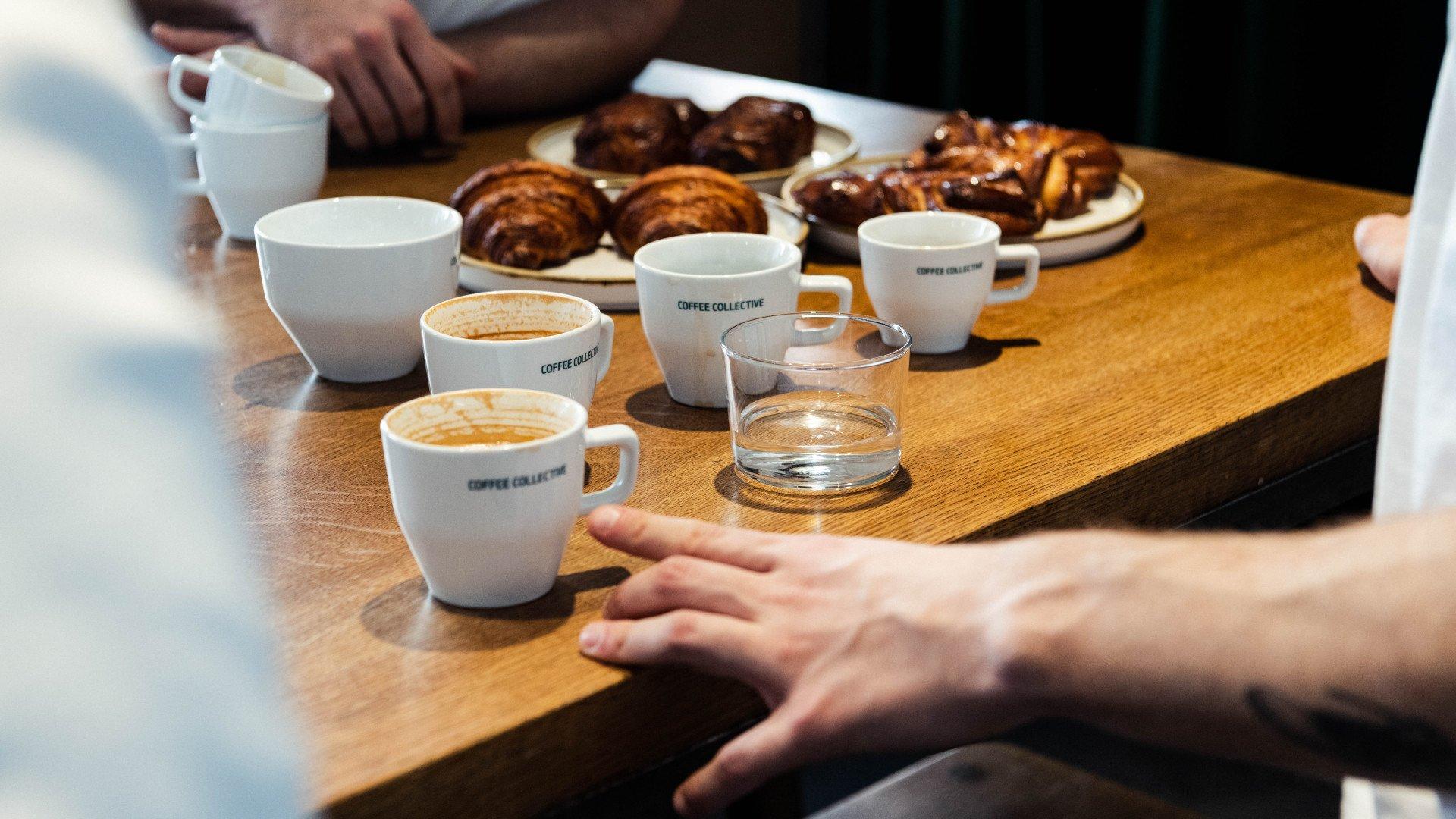
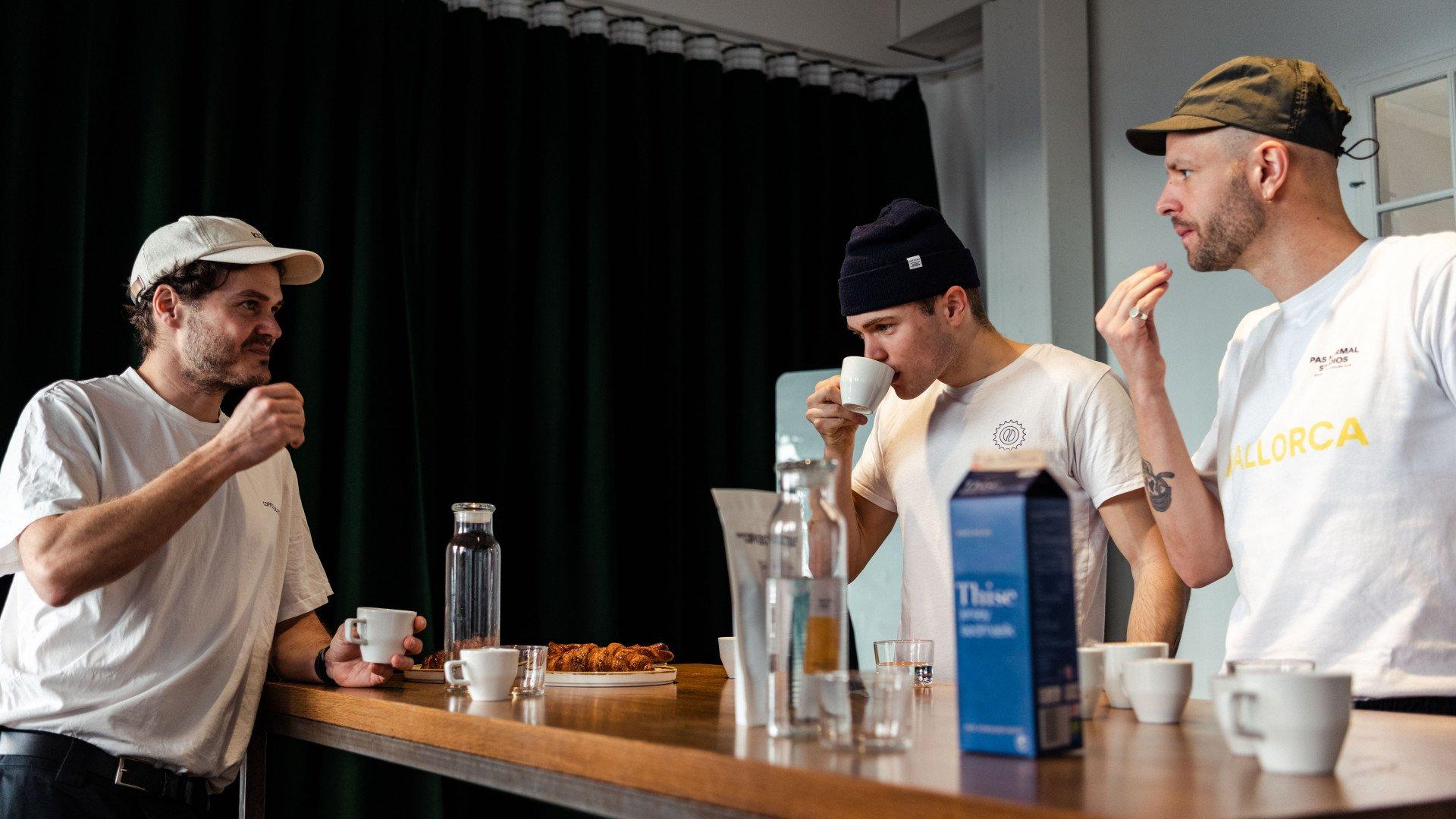
But the term "farmers" was never used when discussing the individuals growing the coffee. Those producing the crops were always referred to by their family names or, more often, by their first names. The Coffee Collective team does this intentionally as a means of encouraging more transparency in the coffee market and acknowledging the efforts of those responsible for the crop's success. But more than a means of creating transparency, this level of personability seemed natural, genuine. Each family of farmers felt like an extension of the entire Coffee Collective family - something that is only possible from taking the time to develop these intimate, familiar relationships.
It was here where we were introduced to the name “Enciso.” The Enciso family farm spans over 200 hectares across the mountainous region of Tolima, Colombia. Plants, trees, and all varieties of vegetation coat the mountainous terrain promoting a healthy ecosystem and rich biodiversity, which allows the family to farm organically. The family's dedication to growing the best possible crops is shown by the fact that they bring an agronomist along on visits to the farm to maintain an accurate overview of the soil fertility levels, resulting in an increased quality grade of the beans and, therefore, a higher income per pound of coffee. The mountains and climate in the Tolima region provide an optimal environment for growing the sweet, aromatic coffee that we were hoping to showcase in our flagship stores. The coffee we selected, Planadas, is a unique blend created by Coffee Collective with the Enciso family and six additional farmers from the Tolima region.
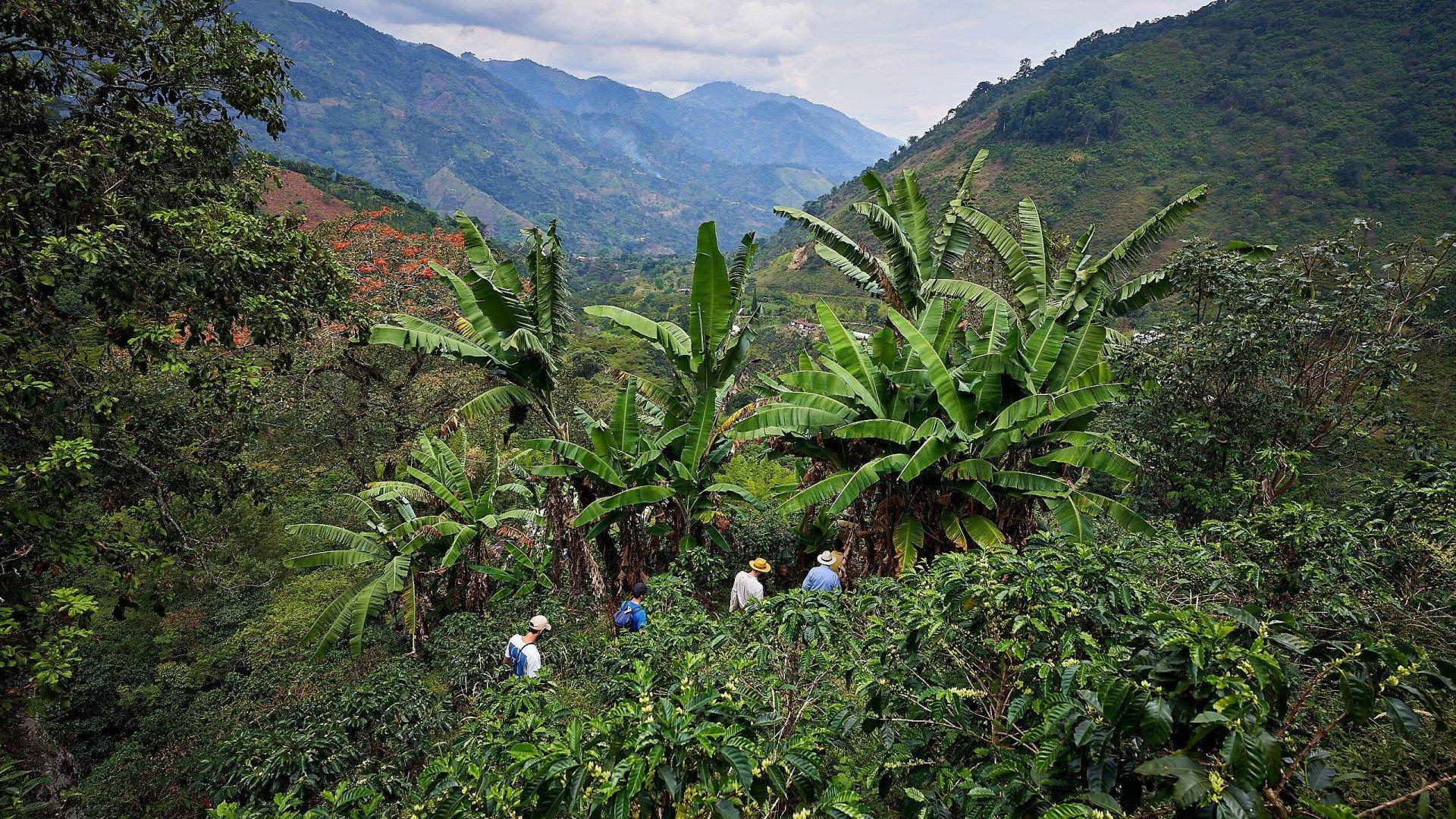
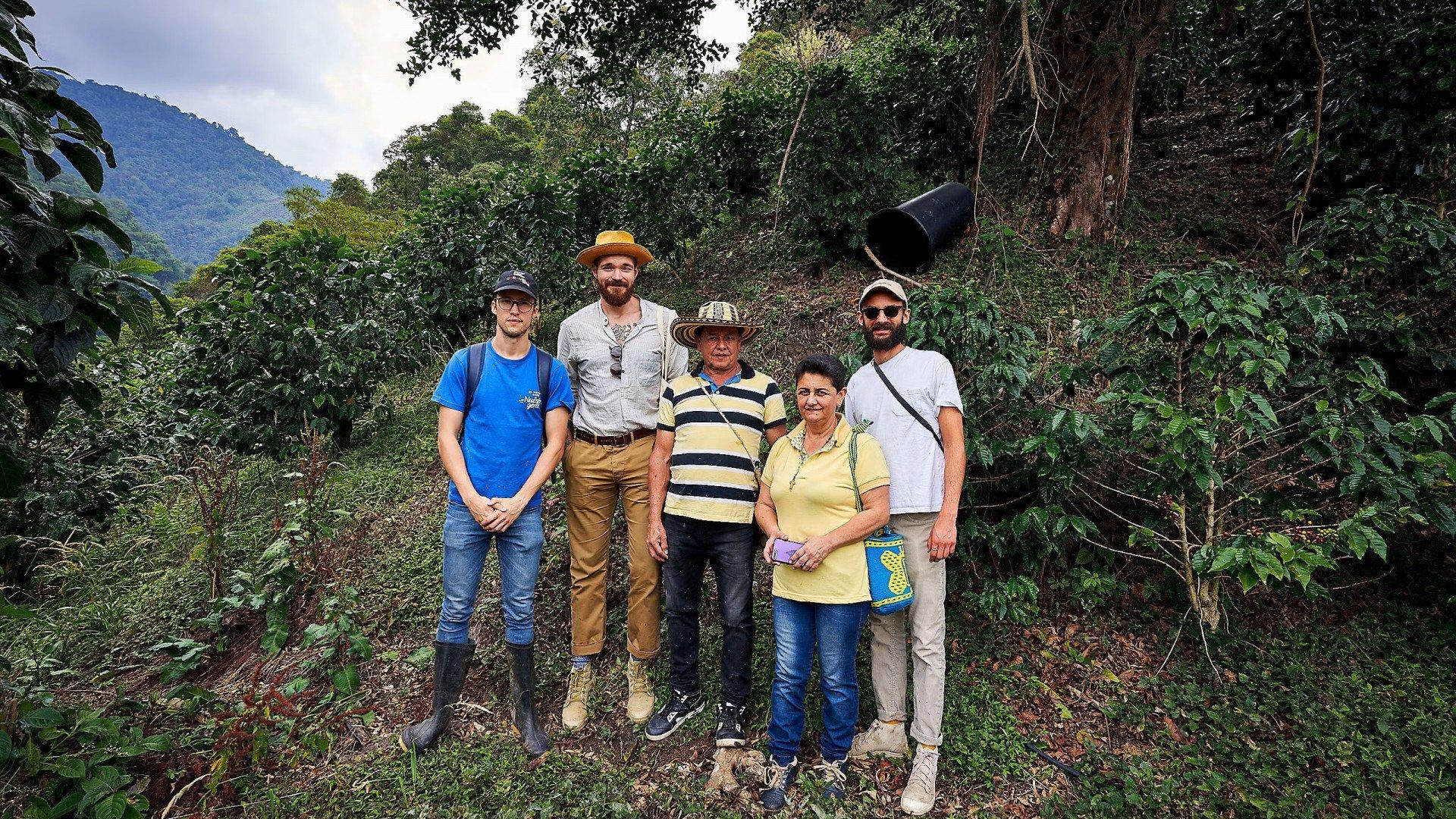
Made in Colombia
The rich Colombian soil has become more than a foundation for the production of high-quality coffee. In 1983 the National Federation of Coffee Growers of Colombia (FNC/Fedecafe) created the cycling team Café de Colombia. It was with this team that the Colombian cyclist Luis Herrera became the first South American to win a Grand Tour in 1987. Herrera was part of the wave of Colombian talent that exploded into the pro cycling scene in the 1980s, a wave that has only grown as Colombians continue to lay claim to the podiums of today’s most prestigious World Tour races.
Earlier this year, we travelled to Bogotá, Colombia, where we shot the seasonal campaign for our signature Mechanism Collection. The cycling culture was like nothing we could have ever imagined. The bicycle is often considered a primary means of transportation in the countryside. It is a necessity for daily life but also a vehicle that has allowed a select group of cyclists to rise to fame, find success, and grab headlines as professional athletes. Young people come from all across the countryside with the desire to compete and follow in their idols’ paths.
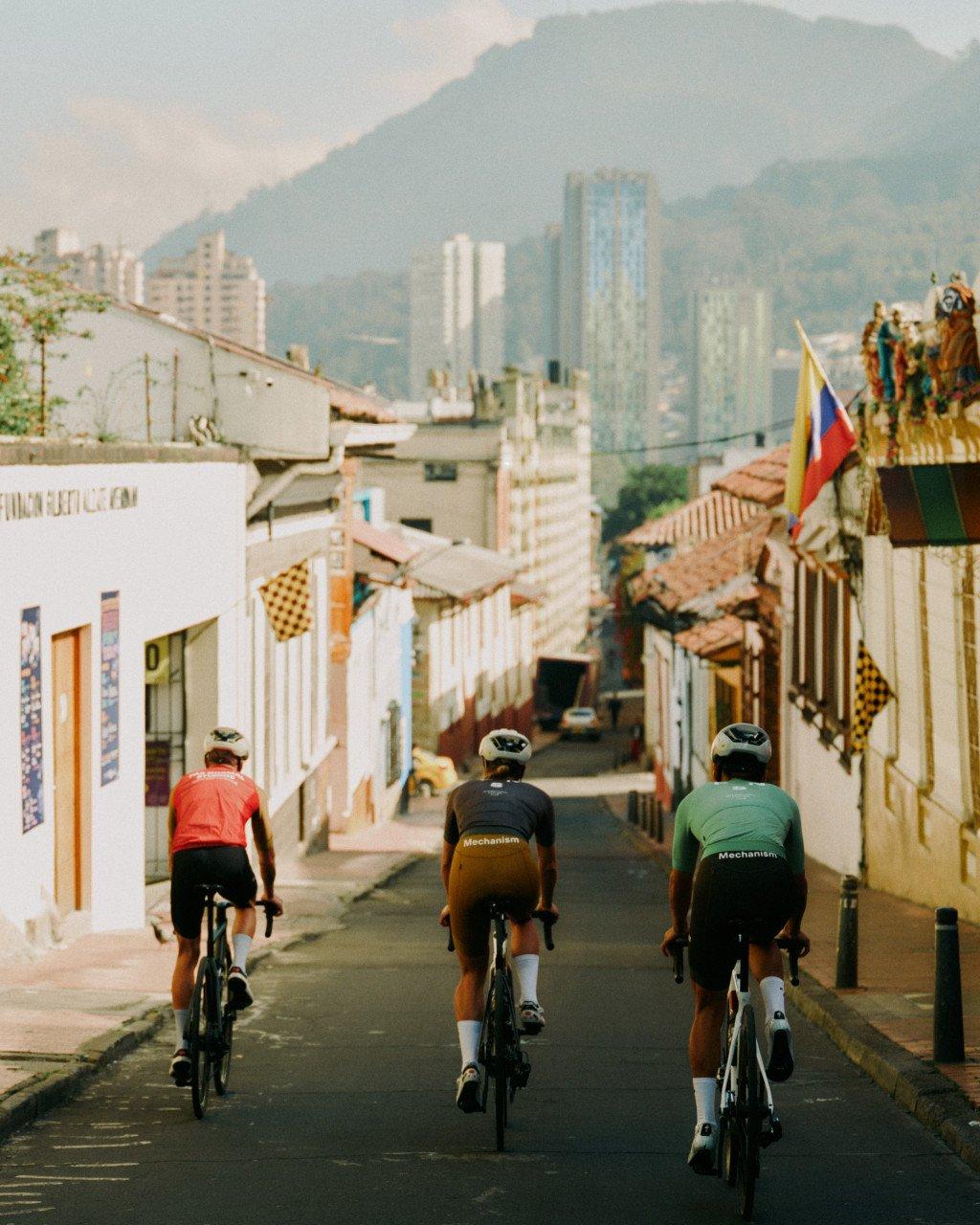
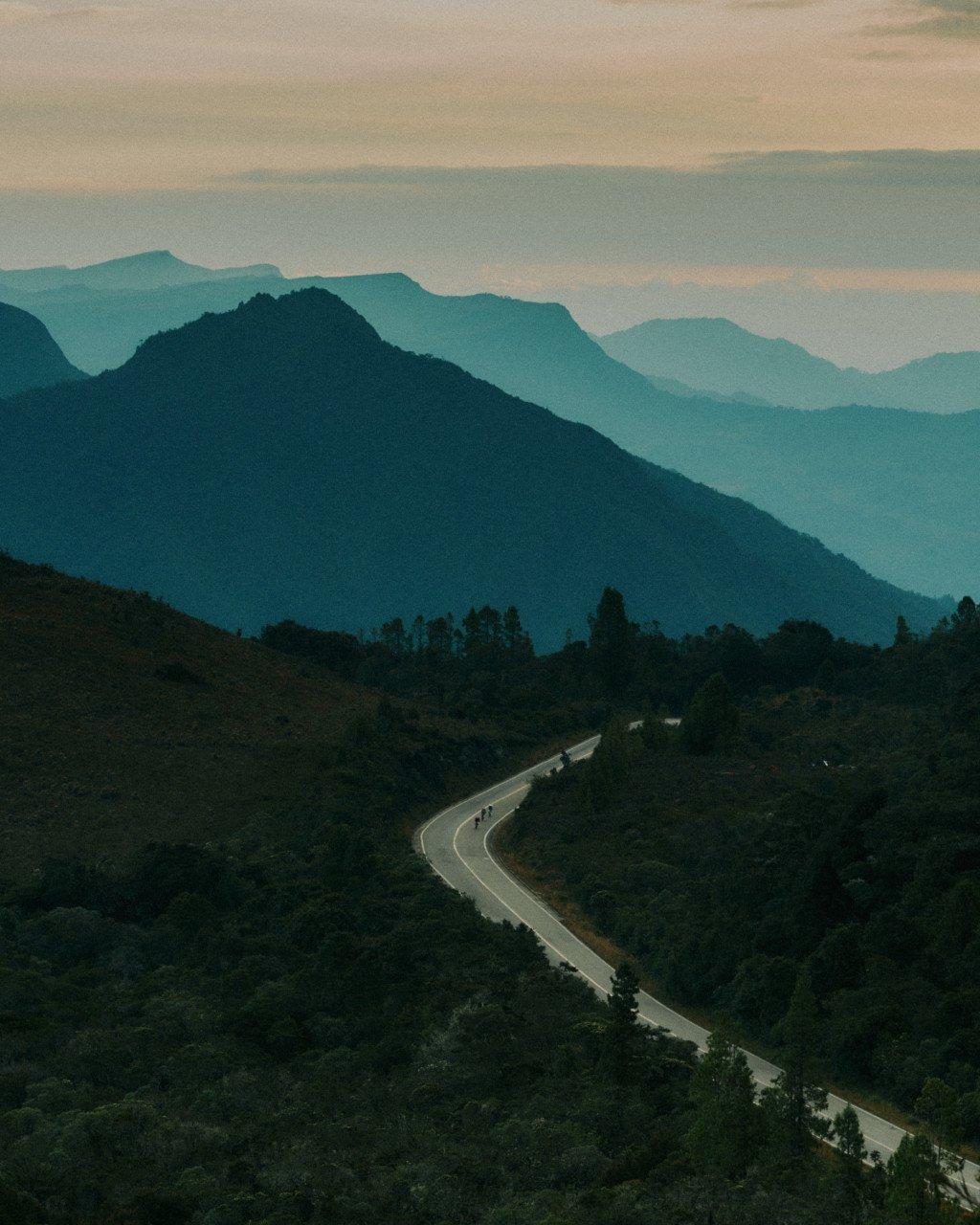
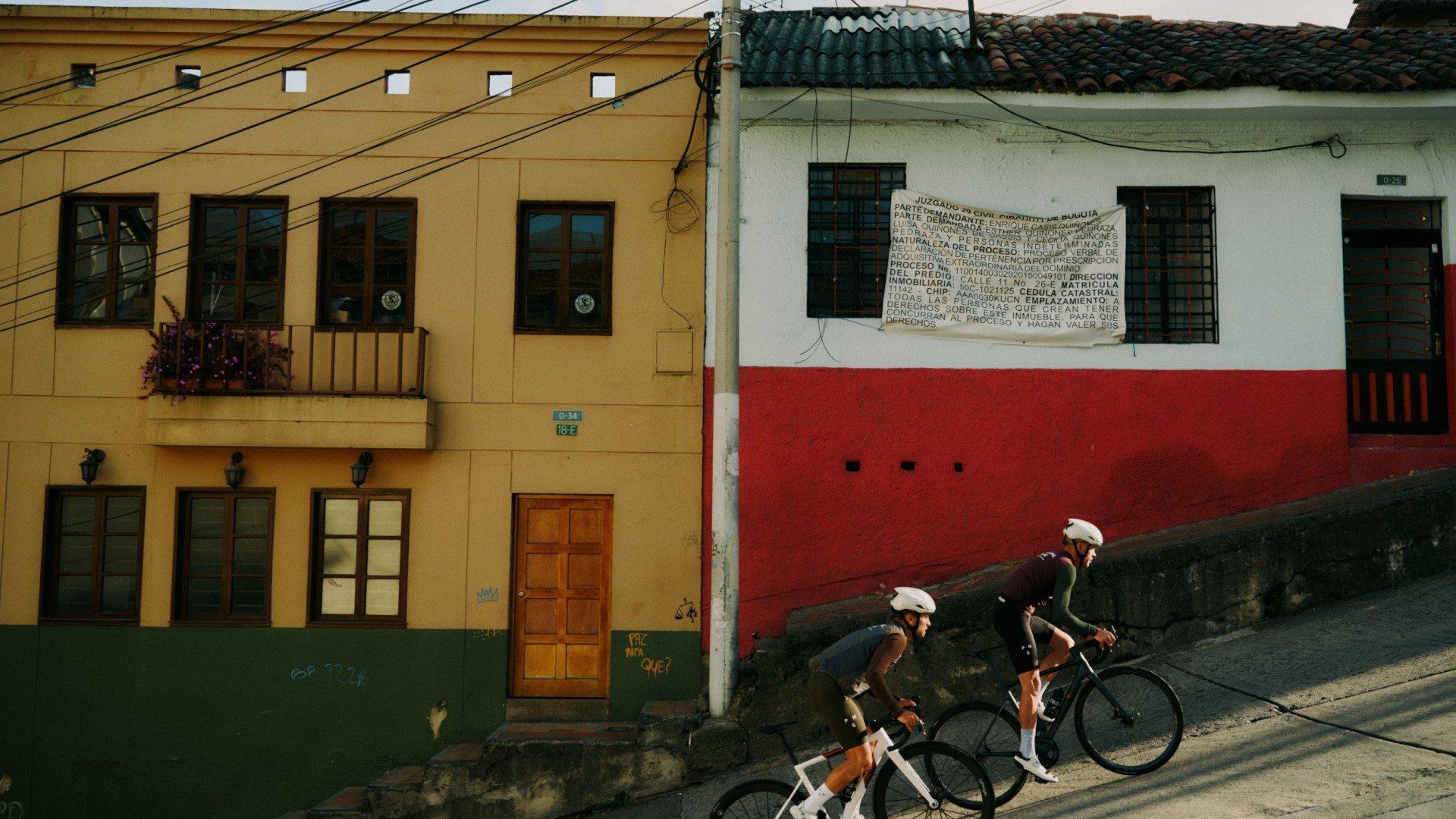
The challenges of riding at high altitudes and up steep inclines have a natural tendency to develop gifted cyclists, specifically gifted climbers. A significant number of cycling academies have been established in Colombia that function in the same way the coffee farmers bring in their agronomists to assess soil conditions for successful crop cultivation. These academies provide a nurturing foundation for young Colombian talents to grow and develop into exceptional cyclists.
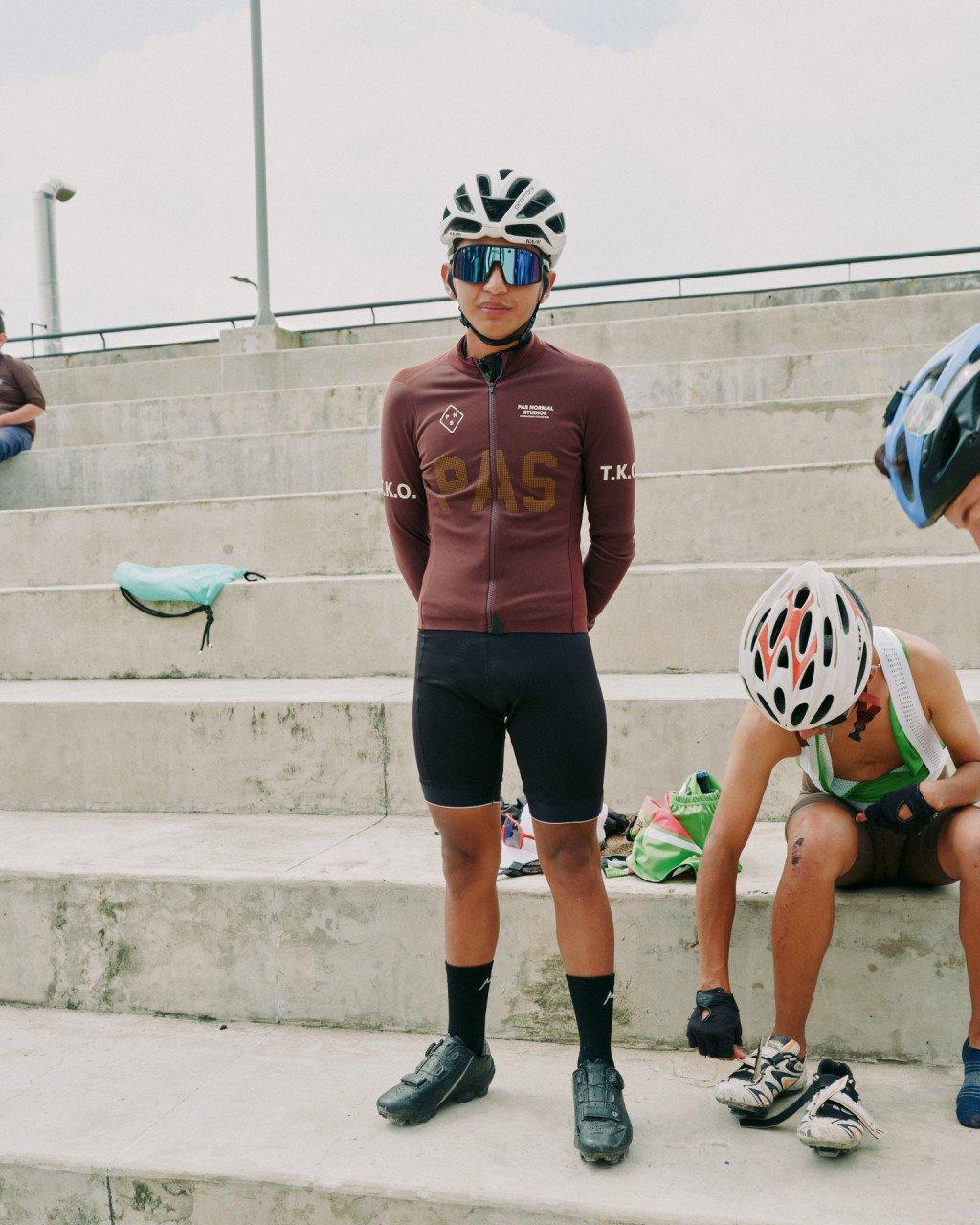
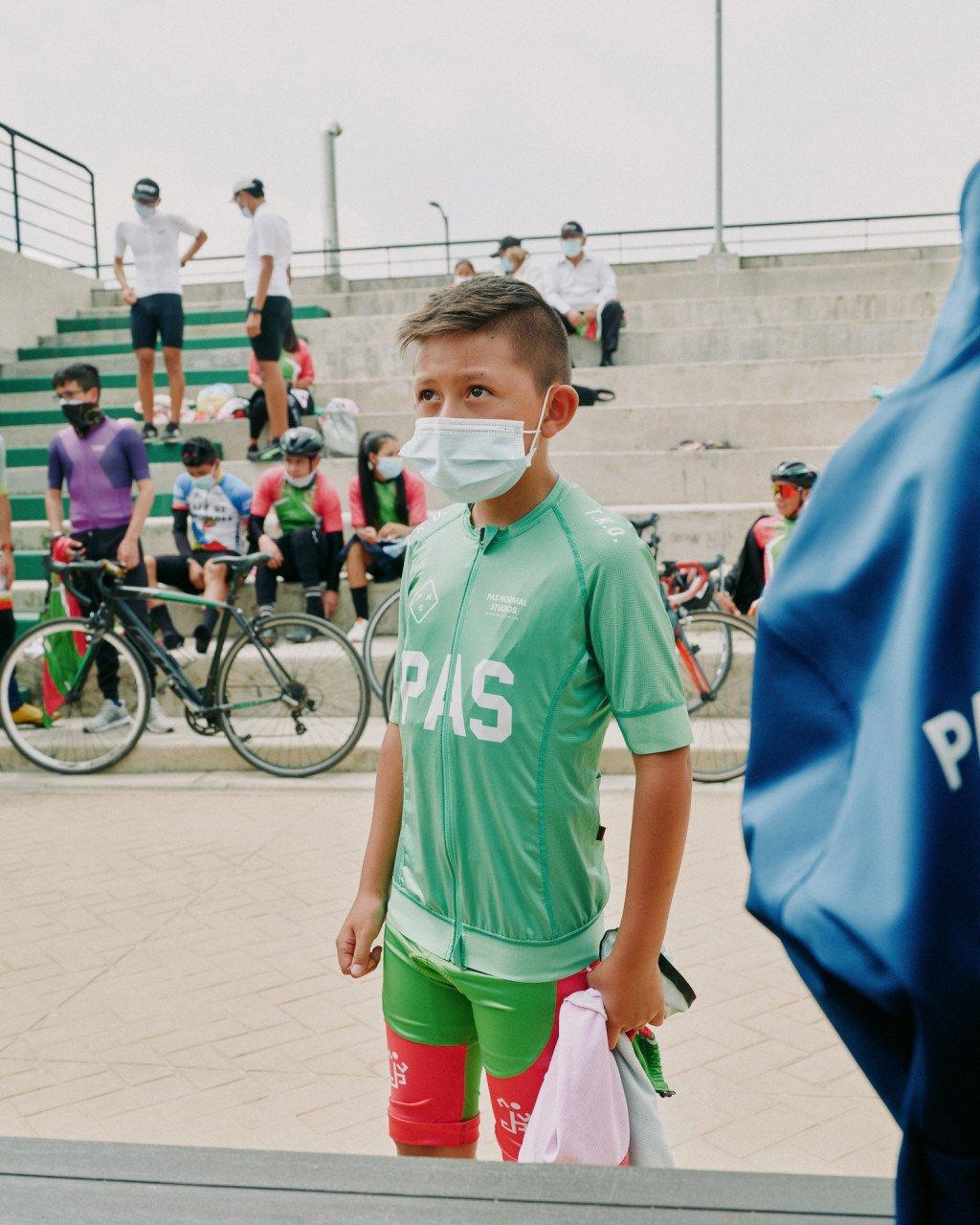
It is easy to understand why the Colombians have consistently taken the top spot on the podiums of prestigious stage races and Grand Tours. With the talents residing in the next generation of cyclists, it is all but guaranteed that the number of Colombia-born World Tour talents will continue to grow. And with the dedication that brands like Coffee Collective are putting into trading directly with local farmers, the quality of coffee we will see coming out of regions like Tolima will only continue to improve.
You can try Planadas, our exclusive offering of Coffee Collective espresso, at all Pas Normal Studios flagship store locations.
